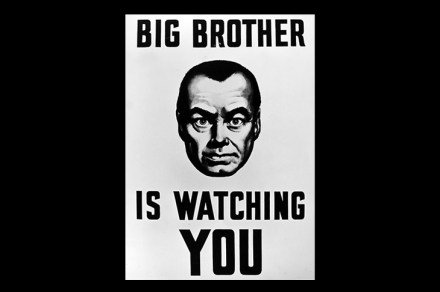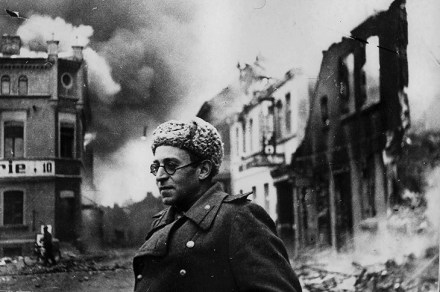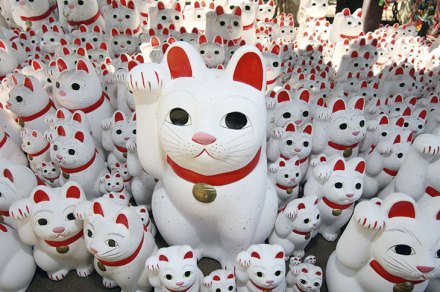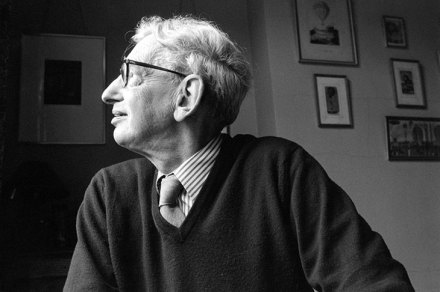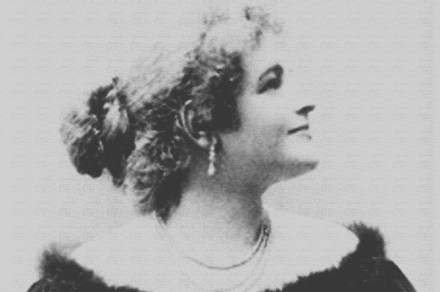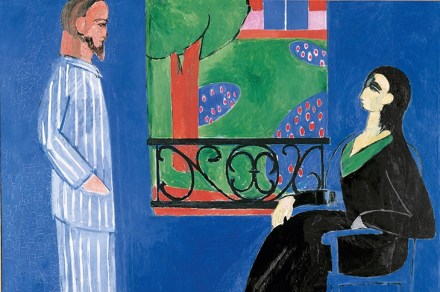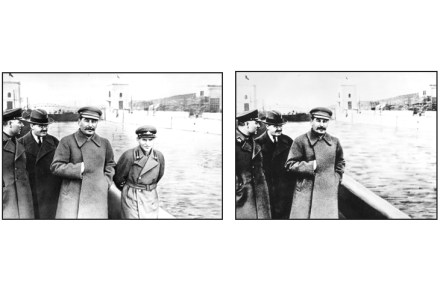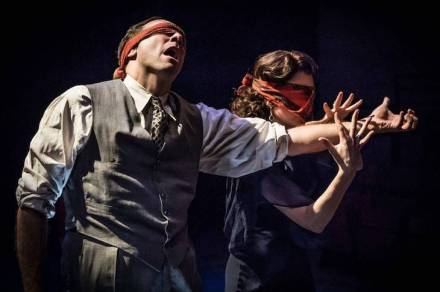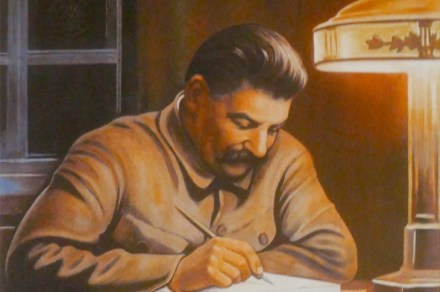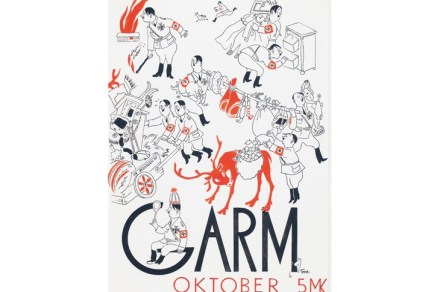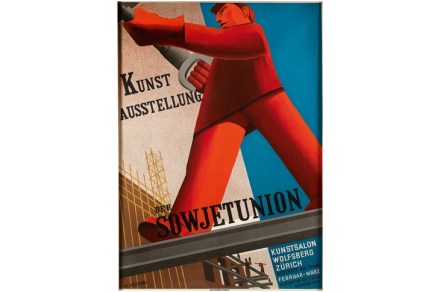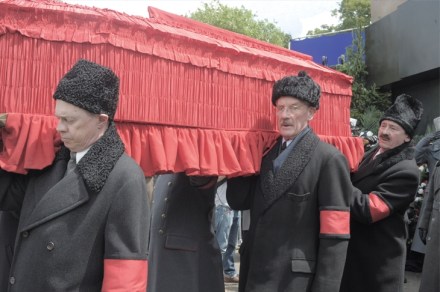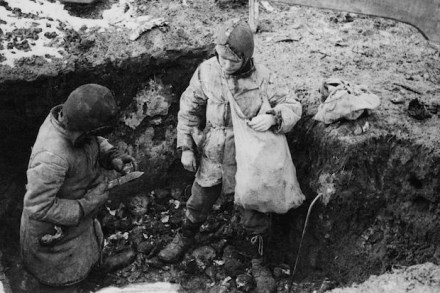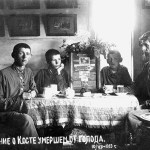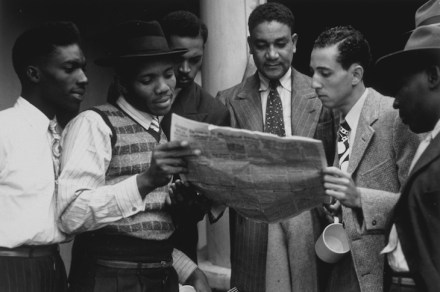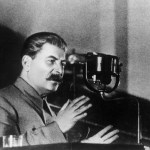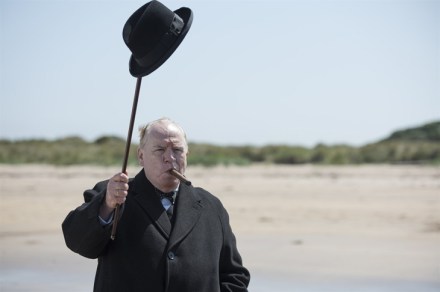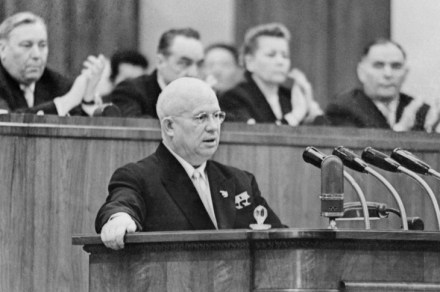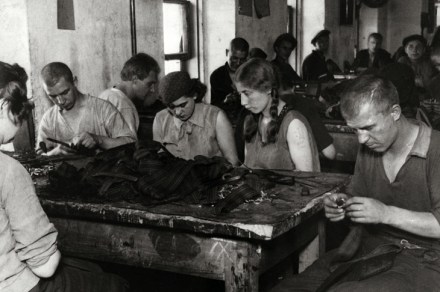He saw it all
Apart from a passionate relationship with the common toad, what do George Orwell and David Attenborough have in common? H.G. Wells is the answer. The self-consciously ‘great’ old man’s bad, yet gripping, writing about utopias profoundly influenced Orwell. And Attenborough, as a lad, was entranced by Wells’s extravaganza A Short History of the World — biology, space science, archaeology, the past and the future, all delivered for children in digestible weekly parts. Attenborough said he derived from it the idea that you ought to know about everything. This ambitious lack of boundaries that they received from Wells liberated both men. As Dorian Lynskey points out in this idiosyncratic and acutely
